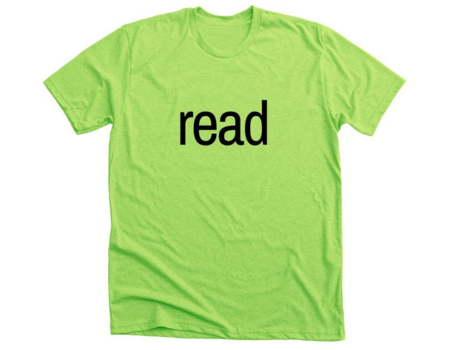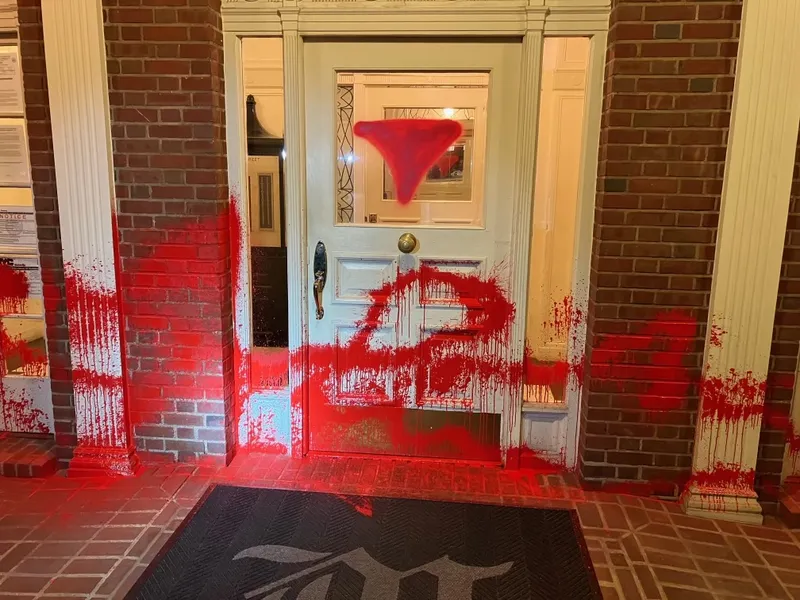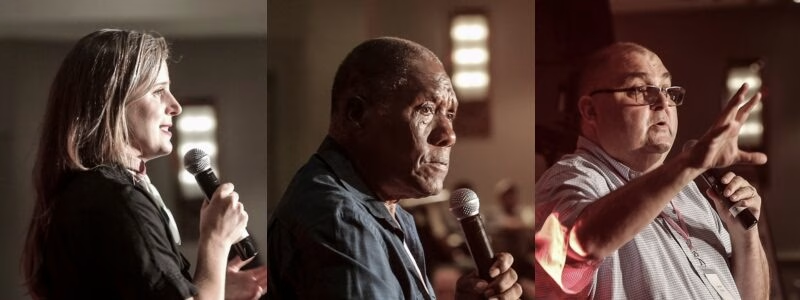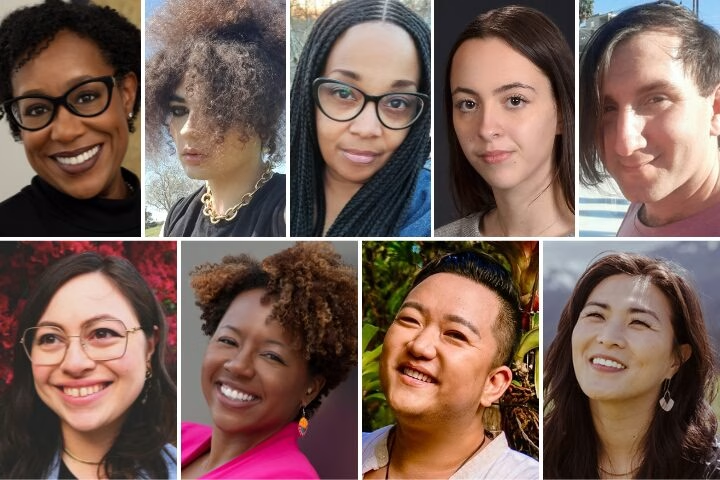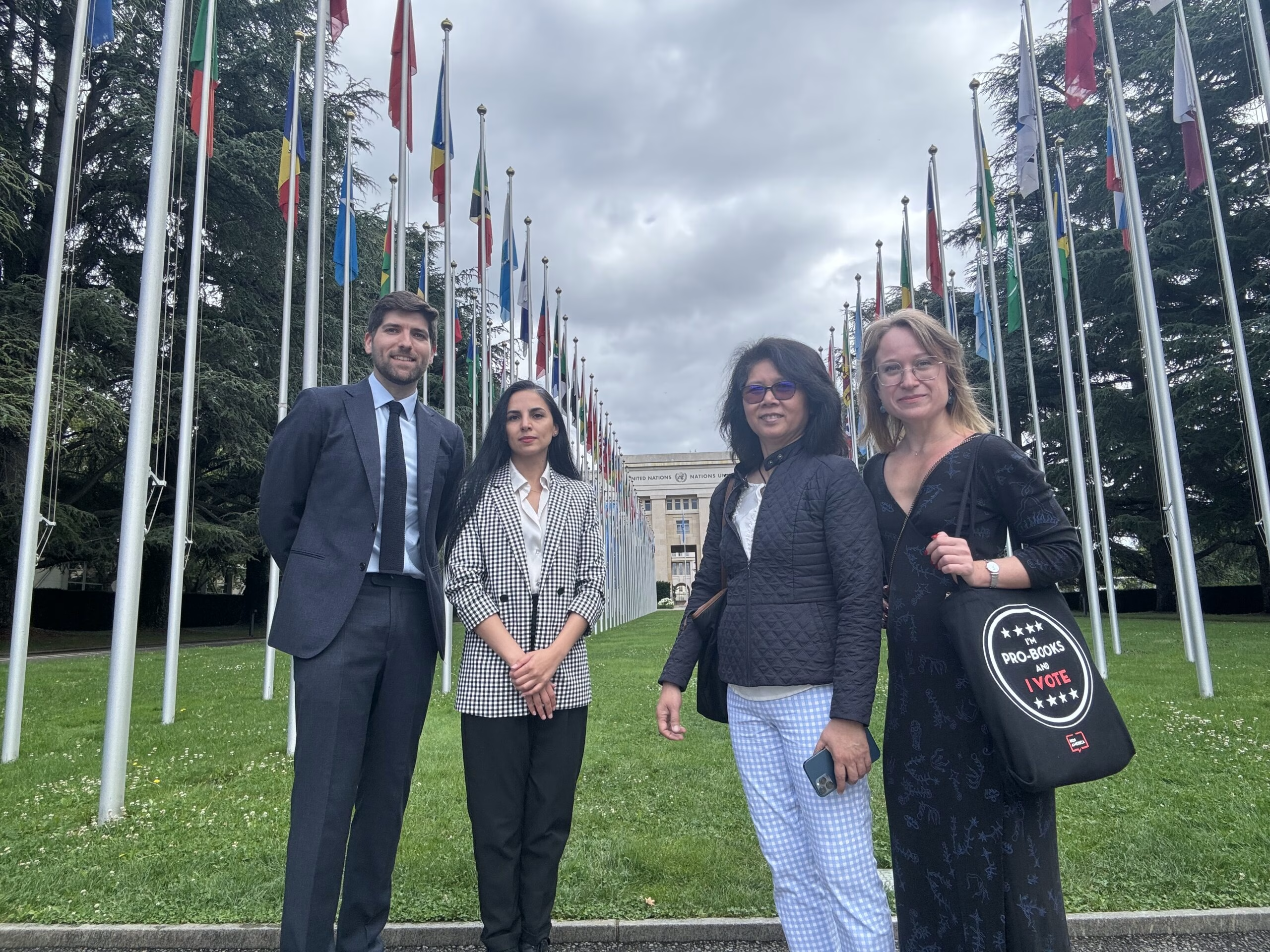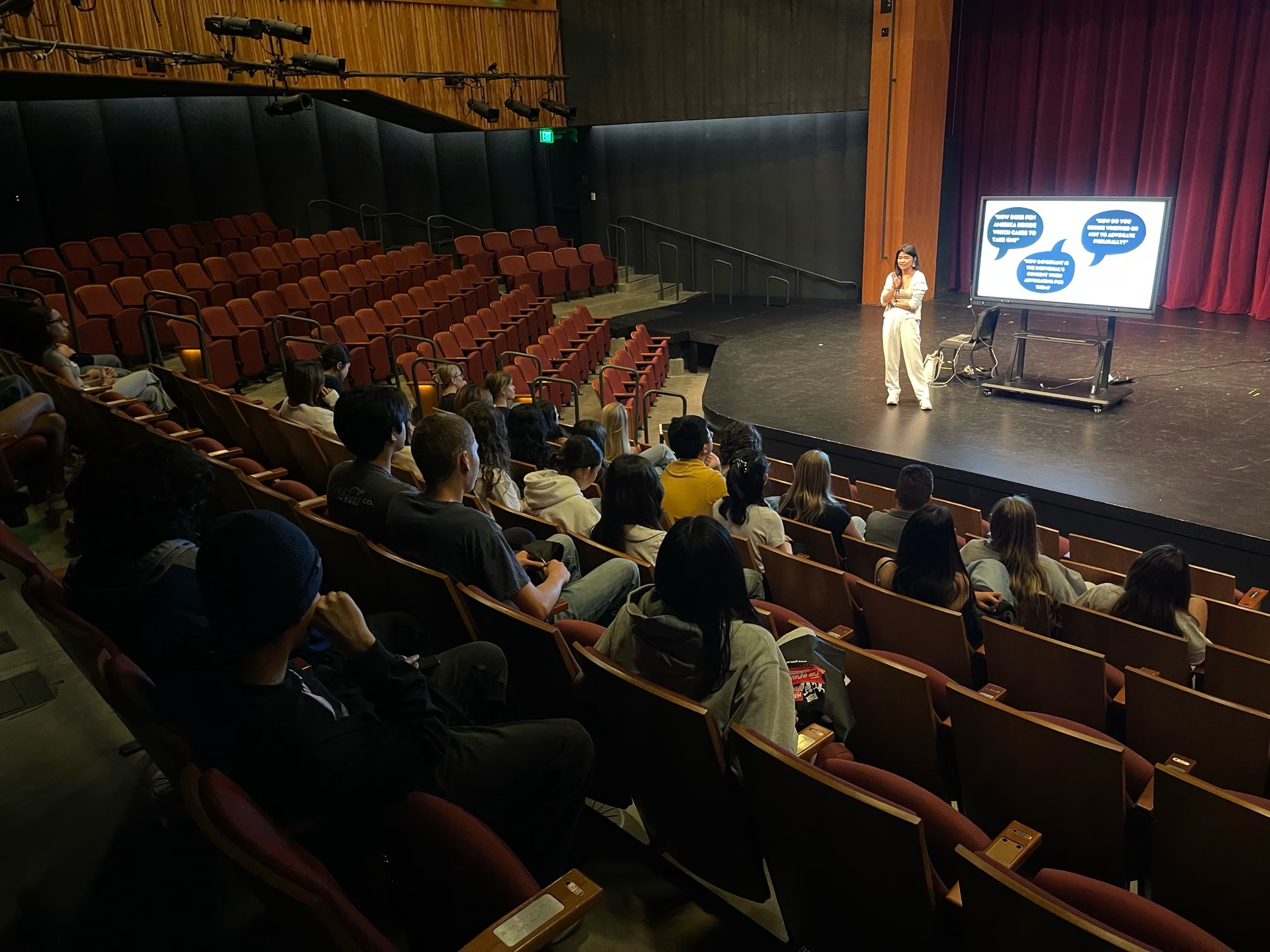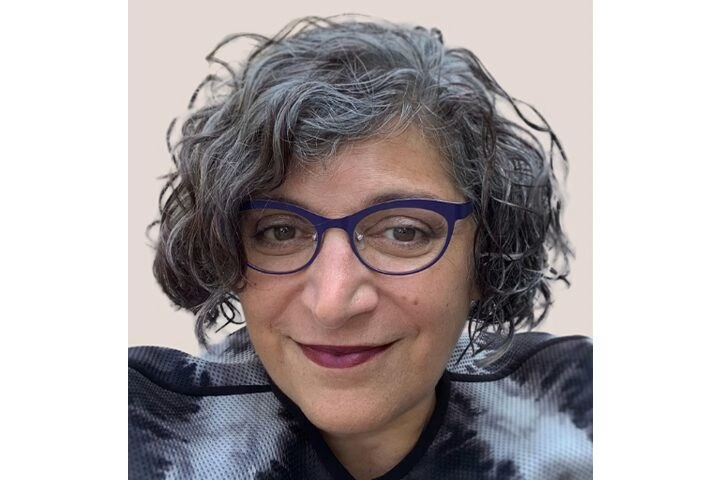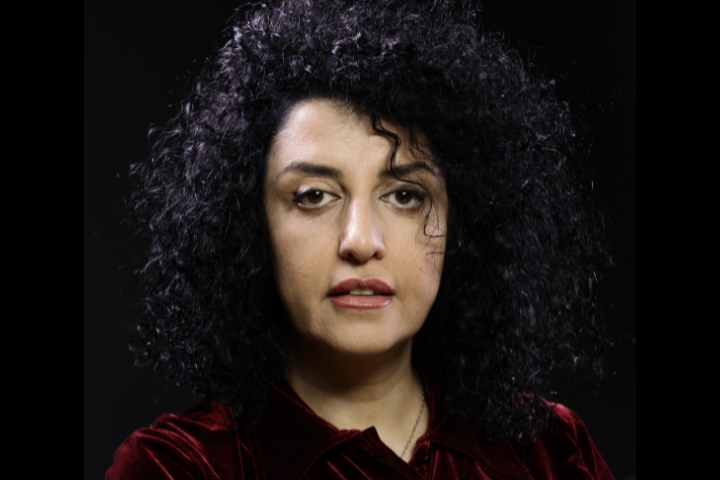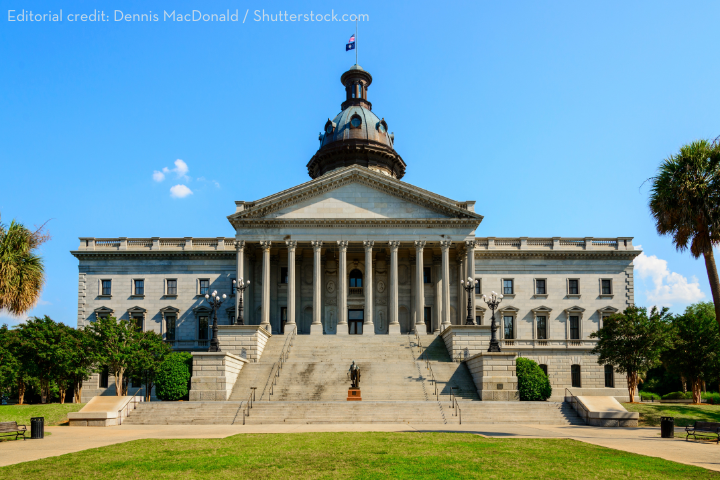PEN America works tirelessly to defend free expression, support persecuted writers, and promote literary culture. Here are some of the latest ways PEN America is speaking out.
- Just Security published an op-ed by PEN America’s CEO Suzanne Nossel on the yet unprecedented threat AI poses on elections and subsequently democracy. “That deepfakes haven’t yet deep-sixed an election should not be grounds for tech executives to rest easy,” Nossel wrote. “Instead, they should double down on imagining, tracking, and analyzing AI’s ramifications for democracy.”
- As the fall semester approaches with potential protests and encampments, PEN America published a blog post on changes in college campus rules, cautioning administrators not to go too far when updating policies. “Universities have a difficult task this fall,” said Kristen Shahverdian, program director of campus free speech at PEN America. “They have an obligation to protect their students’ free speech rights and promote open dialogue, recognizing that student protests are a long-standing feature of campus life, while also ensuring that protests do not disrupt core university functions, like classes or speaking engagements.”
- This week, the board of the Greenville County, S.C., public library voted to move all books with transgender themes and characters in the YA section to the adult section. “Categorically deciding that all trans-related literature is overtly sexual is deeply damaging to young LGBTQ+ readers and conjures a long history of bigotry that has no place in a public library,” said Freedom to Read Program Director Kasey Meehan.
- Freedom to Learn Program Director Jeremy C. Young spoke to Inside Higher Ed about a growing wave of conservative criticism suggesting that academe should avoid taking a stance on contentious issues. Inside Higher Ed also took note of our latest hire – Amy Reid, a New College faculty chair and Board of Trustees member who has taken leave to defend free expression.
- Young also spoke to University World News about what’s happening at New College of Florida, where hundreds of books were tossed in a dumpster.
- As Russia continued to stifle free voices across media, PEN America’s Russian Independent Media Archive (RIMA) counters that suppression by creating a searchable database that preserves more than two decades of work by independent Russian reporters and editors whose newspapers, websites, magazines and television stations have been destroyed or sent into exile. “We may not be able to save the journalists themselves, but we can preserve their work and publications,” said Anna Nemzer, a journalist, writer, and documentary filmmaker responsible for RIMA’s mission, in a new blog post.
- PEN America’s Senior Program Manager for Disinformation and Community Engagement, Kurt Sampsel, was joined by Wilkine Brutus, a producer and host at WLRN, and Laura Zommer, co-founder of Factchequeado for a webinar on the importance of fact-checking.
- PEN America joined forces with the Committee to Protect Journalists and the International Women’s Media Foundation to run a free webinar series, U.S. Election Safety Summer, designed to empower journalists with the strategies and resources they need to safely cover this election season. In the latest blog post, read about the third session in this series, led by PEN America’s digital safety experts Viktorya Vilk and Jeje Mohamed, focused on protection against doxing, hacking, and impersonation.
- In the seventh installment of our disinformation Q&A series, Kurt Sampsel spoke to Venezuelan investigative journalist and editor-in-chief of Factchequeado, Tamoa Calzadilla. “I love to speak about my experience. I love to say that I came from a country where we lost democracy. We lost institutions, we lost credibility, we lost everything,” said Calzadilla. “And that’s the reason why I’m committed to this work.”
- This week’s PEN Ten features author Dimitri Nasrallah. In conversation with the World Voices Festival & Literary Programs Intern Esmé O’Brien Smith, Nasrallah recounts his experience writing the book and how he distilled his mother’s story of fleeing Lebanon due to civil unrest and building life anew through his protagonist Muna.


